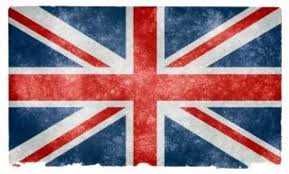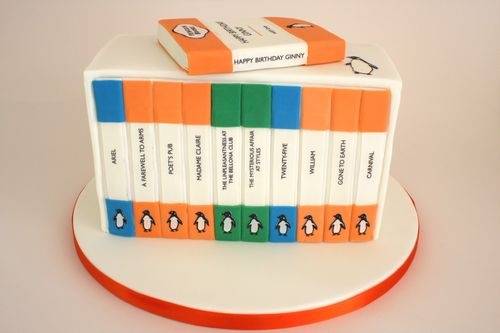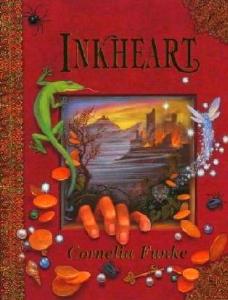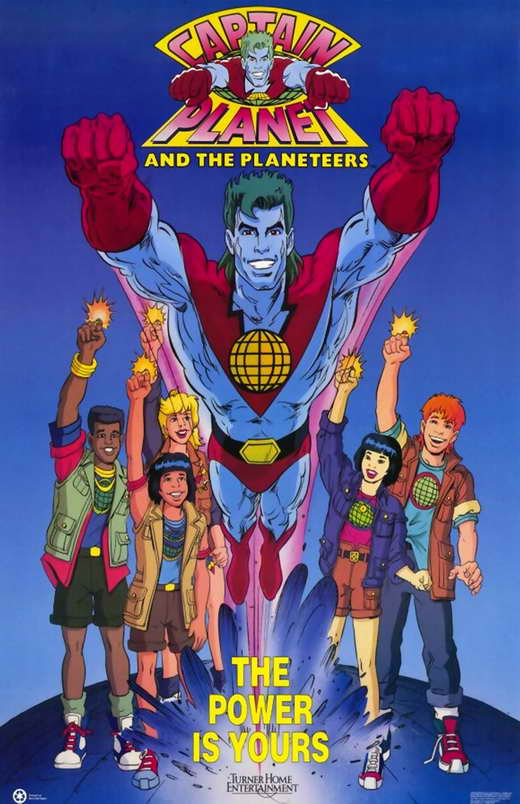Good Friday to you all. It's snowing on the East Coast - and it will for some time, if you believe the news. Seems like this weekend might be a good one to hunker down, get the fire (or central heating) going, and read a good book.
If you're a querying writer, it could be a good time to work on, y'know, what to say to agents. It can be a tricky business, getting the first contact just right. Bad letters are quickly dismissed, it feels like, but rambling ones that have too much information in them can be off putting for agents who have so much to do already. Letters to agents are that terrifying combination of needing quite a lot of information, but having to be as succinct as possible. But hey - you're a writer. It's a challenge, and you can rise to it.
Approaching agents in the U.S. and the UK whether you live in one of those countries of not is becoming increasingly common. Along with the increased submissions rate, the rise of e-mail and the Internet has broken down traditional walls in publishing. Case in point, my own agent lives in London. I live in NJ. Her agency, The Bent Agency, covers both territories. For writers, it's a brave new world with a larger pool of possible contacts and opportunities, even if it is diluted by the sheer number of people who can now send their material in with little more than the click of a button.
But let's assume you're not in that percentage of people who shouldn't be submitting. Let's say your book is ready, edited, and frankly amazing. You've decided to get an agent - hooray! - and now it's time. UK and U.S. agents both strike your fancy. Good for you. But do you need to write different letters?
Well, yes.
These aren't hard and fast rules, please note - just some common practices I've noticed after a few years of reading and doing and learning.
UK - Cover Letter
UK letters are still more letter-y than U.S. ones (hey, it's a word), set out to tell the agent about both you and your ms. Open with a simple 'Dear Ms. Flabbergast, I am writing to submit ...' and give a bit of information about your book - title, word length, genre. Mention that it's complete, sure.

Now a bit about the book, as you would describe it to a friend. '
THE INCIDENTAL SAUSAGE is about a girl's hunt through Victorian England for the man who stole her breakfast.' Comparisons are good, as are style descriptions. '
Written in a similar style to A. A. Milne, the book was inspired by...' and then one or two lines more of synopsis.
Then a bit about why this agency, why this agent, and then any pertinent information about yourself; profession (if it matters), previous publications, quirks (if they make sense in the context of the book), etc.
Thanks 'em for their time, and sign off. Not easy, but short.
So:
- Introduce yourself
- Have one line AND full paragraph blurbs of your book
- Any comparisons with current authors
- Very brief bio of yourself, but check all info is relevant.
U.S. - Query Letter
U.S. letters were the ones that surprised me. There are some great sites around to help with them, and it was these I used when I first moved to America.

U.S. letters open directly with the synopsis, as a blurb with a hook. So, '
Dear Ms. Gubberfest, When Natalia's sausage is stolen, there's no where in London the thief can hide. She's a girl on the edge - the edge of hunger - and the Victorian world is about to learn what she's capable of.'
From here, flesh out the story. Another paragraph, introducing any major characters, the main plot focus, and the rough conclusion - but leave it open. You can end it with a question, if you like. 'The Count de Pork knows things about her family - but for the return of her sausage, Natalia must face one final meal.'
It's a tricky art to get right. When you have, though, you can end with one final line including the title and the word count. 'THE INCIDENTAL SAUSAGE is a historical thriller complete at 65,000 words'.
Then, any agent-specific links, and publications if they actually mean something, and sign off.
So:
- Straight into blurb. Start with 'hook' - to grab attention - then continue and cover plot.
- All bio info to be kept till end, and very, very brief.
- Word length and title come at end.
__________________________
Now, none of this information should be treated as gospel, and remember that every agency has their own likes and dislikes, so check their website.
At the moment, UK agents still tend to prefer a cover letter and the first three chapters, after which the will request the full.
U.S. agents tend to request the query with the first x amount of pages, then, sometimes, a partial - or sometimes just the query, which can result in a partial request - and then a full request.
Clear as mud? Hopefully a bit better than that.
It's all going towards a good thing - and you'll never regret work put in now to help get your story out there and being read.
 The obvious answer is write. But who wants to be obvious? We're the dreamers of dreams, aren't we? And books can do so many things beside drive you mad.
The obvious answer is write. But who wants to be obvious? We're the dreamers of dreams, aren't we? And books can do so many things beside drive you mad.










